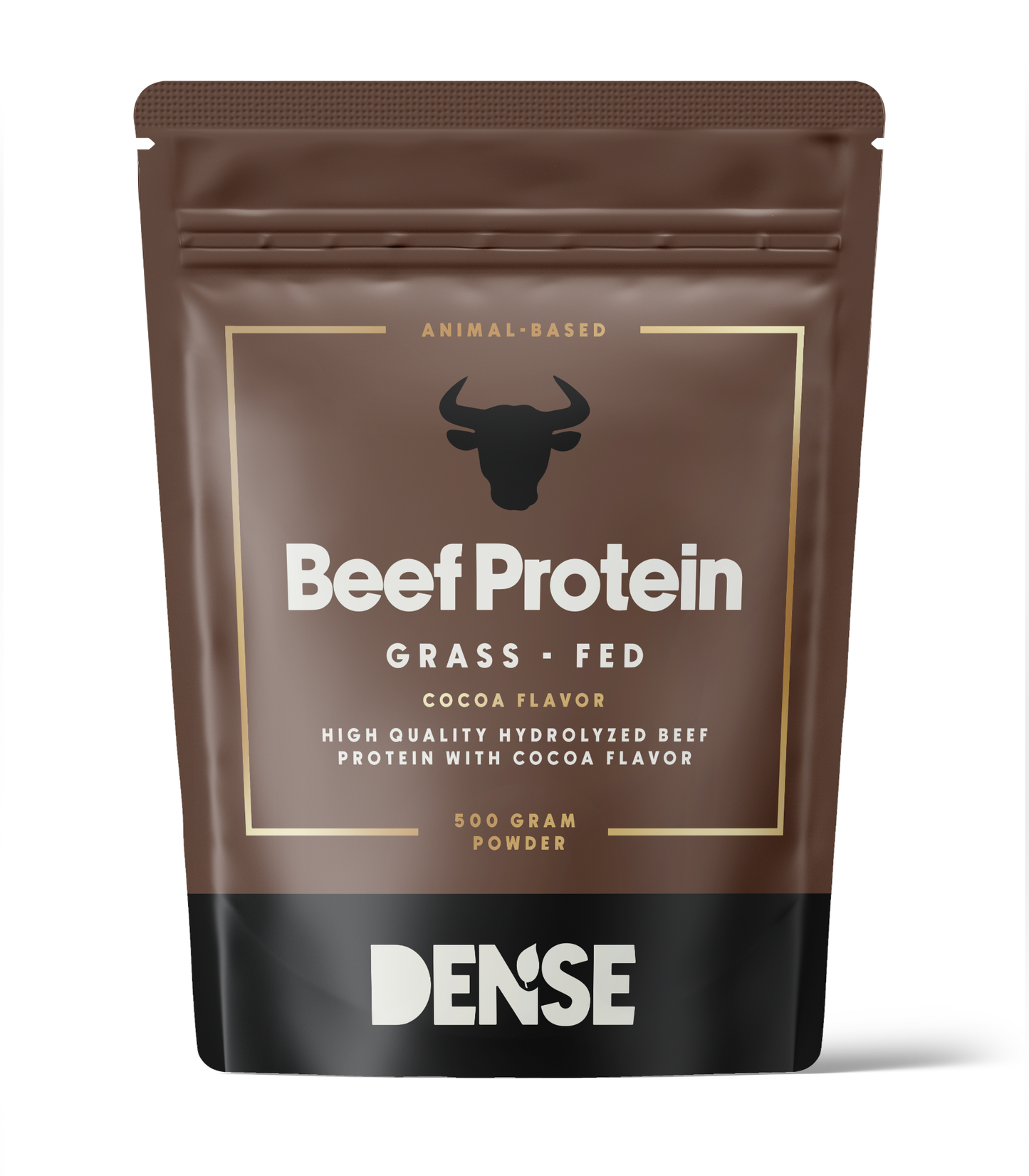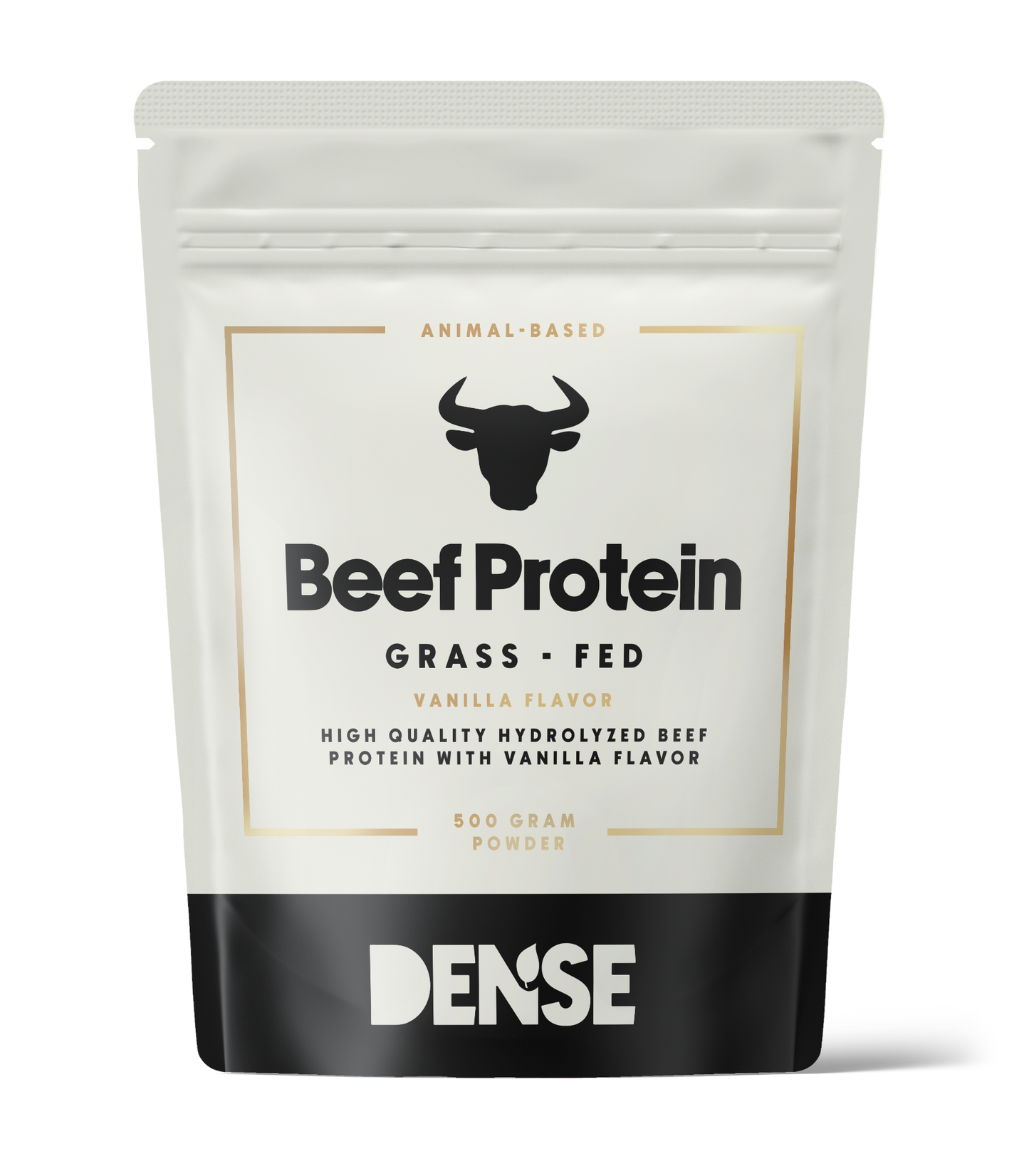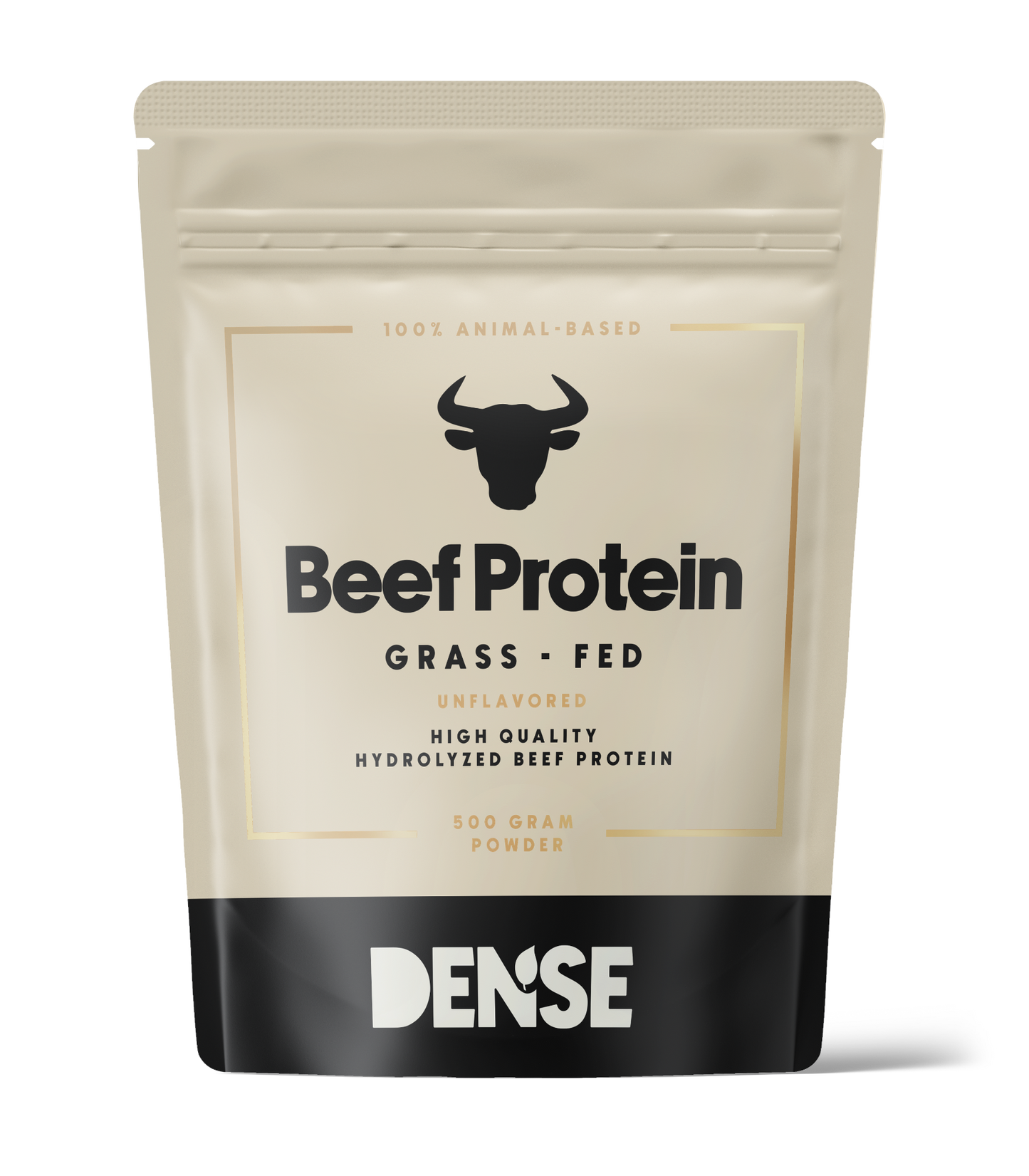In recent years, there has been a growing trend towards conscious and sustainable eating. One of the key aspects of this movement is the choice of protein sources. While plant-based diets are gaining popularity, animal-based proteins, particularly grass-fed organic beef, still have a place on many plates. In this blog post, we will explore the benefits of choosing grass-fed organic beef as a protein source and why it deserves a spot in your diet.

The Basics of Grass-Fed Organic Beef
Before delving into its benefits, let's understand what makes grass-fed organic beef unique. Grass-fed cattle are raised in a more natural and humane way compared to conventional feedlot operations. These animals graze on open pastures and consume a diet primarily composed of grass and other forage, rather than grain-based feed. Additionally, organic farming practices exclude the use of synthetic pesticides, antibiotics, and hormones.
Animal-Based vs. Plant-Based Protein Bio-availability:
Animal-based proteins (meat, eggs, dairy) are complete, easily absorbed due to their ideal amino acid profiles. Plant-based proteins (legumes, nuts, tofu) are often incomplete but can be combined for full amino acid intake. While animal proteins have higher bioavailability, a varied plant-based diet can meet protein needs effectively. Both sources offer distinct nutritional benefits.
Reduced Environmental Impact
Choosing grass-fed organic beef can also be an environmentally conscious decision. Sustainable farming practices, like rotational grazing, can improve soil health and reduce the carbon footprint of beef production. Additionally, organic farming avoids the use of synthetic chemicals, which can have negative ecological effects.
Ethical Considerations
Grass-fed organic beef often comes from farms that prioritize animal welfare. These cattle have access to open spaces and are raised in more humane conditions than those in crowded feedlots. Supporting such farming practices aligns with ethical considerations and animal welfare values.
Flavor and Quality
Many people appreciate the flavor and quality of grass-fed organic beef. The meat tends to be leaner, with a distinctive taste influenced by the animal's natural diet. Some find it more flavorful and tender than conventionally raised beef.
Reduced Risk of Antibiotics and Hormones
Organic beef production prohibits the use of antibiotics and synthetic hormones, reducing the risk of these substances entering your diet. This can be a significant concern when consuming conventionally raised meat, as antibiotic resistance is a growing global health issue.
Conclusion
Grass-fed organic beef is more than just a protein source; it represents a conscious choice for health-conscious consumers. Its nutrient density, reduced environmental impact, ethical considerations, superior flavor, and reduced risk of antibiotics and hormones make it a valuable addition to your diet.
While plant-based diets are certainly beneficial, incorporating grass-fed organic beef in moderation can be a sustainable and nutritious choice for those who choose to include animal-based protein in their meals. By supporting responsible farming practices, you can enjoy the benefits of beef protein while also contributing to a more sustainable and humane food system.







